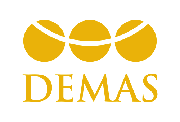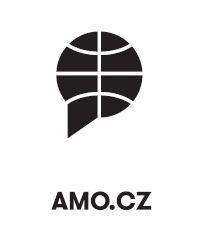AMO Talks: Vrbětice, Ukrajina i Navalnyj – jak dál na vztahy EU s Ruskem?
Rozhovory a komentáře v médiích:
Evropští populisté sní o nové koalici v Bruselu
COVID 19 and its impact on politics in Central Europe
What impact does the ongoing COVID 19 pandemic have on politics in Central Europe? Especially in the Czech Republic and Germany with parliamentary elections scheduled later this year? To what extent were the epidemic measures influenced by political marketing and the pressure of public opinion and to what extent by the voice of experts? Will the performance of their governments vis-à-vis the epidemic be the main theme of this year’s elections in both countries?
These and other topical questions will be addressed at the online public event organised within the the Czech-German Young Professionals Program with Jiří Pehe and Zuzana Lizcova! Event is organised by Asociace pro mezinárodní otázky/Association for International Affairs, Europäische Akademie Berlin, Česko-německý fond budoucnosti/ Deutsch-Tschechischer Zukunftsfonds and Hanns Seidel Stiftung Tschechien – Nadace Hannse Seidela v České republice.
Connecting V4 and other regional expert networks & researching potential for future EU coalitions: V4 & Nordic states
The Visegrad Group (V4) remains one of the most prominent coalitions inside the EU. However, extending cooperation with other groups of countries would certainly serve the group well, and therefore active engagement in other regional networks should be on its agenda. In order to explore the potential for such partnership with the EU Nordic countries, Res Publica Foundation/Visegrad Insight conducted a roundtable discussion with international experts and diplomats on 8-9 December 2020. The roundtable “EU Climate Policy and Regional Cooperation: Can Visegrad Group and EU Nordic Countries Do More Together?” was part of a project that focuses on building inter-regional connections across the EU by connecting V4 and other regional expert networks and researching the potential for future EU coalitions. The project is being implemented by Association for International Affairs (AMO) in cooperation with the Centre for Euro-Atlantic Integration and Democracy (CEID) and Slovak Foreign Policy Association (SFPA), with the support of the International Visegrad Fund. The roundtable discussion serves as the basis for this policy paper which lays out an overview of the key points suggested by the participants, as well as other noteworthy aspects and the main conclusions and recommendations.

